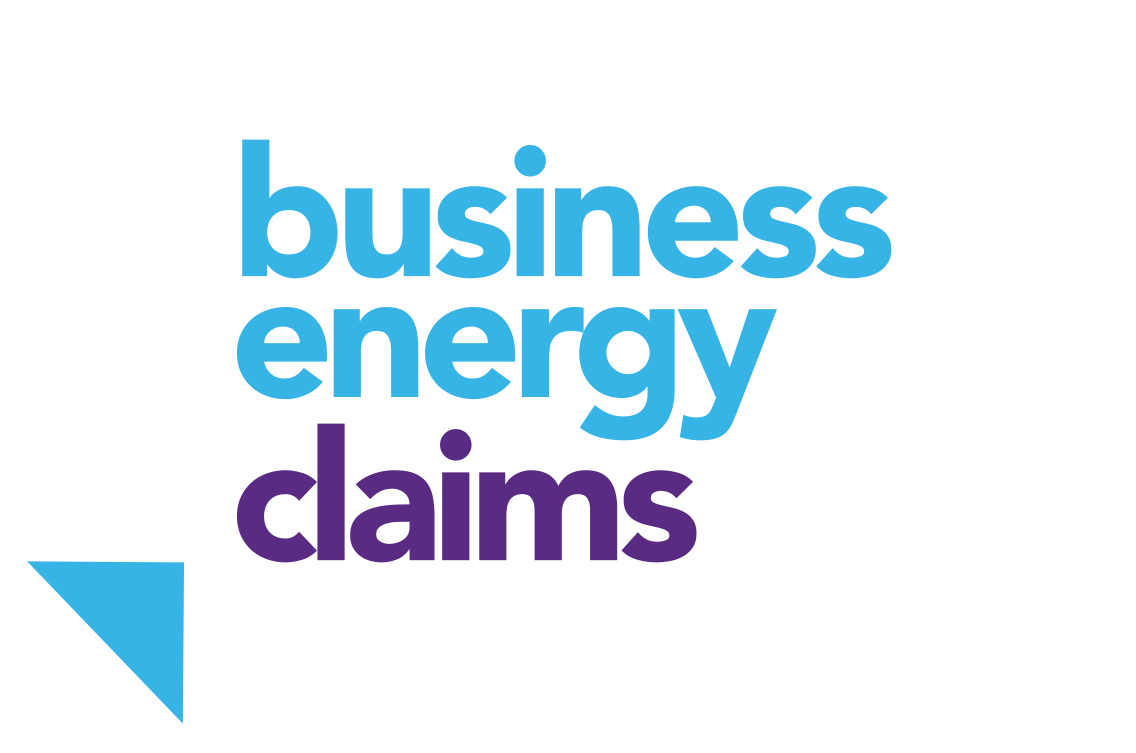With recent rises in business energy prices, and government help for businesses soon coming to an end, a Newcastle-based energy claims expert is issuing advice for businesses to help them understand their energy bills.
Energy and legal experts, Business Energy Claims, is answering those tricky questions and offering handy tips to help businesses to understand their energy bills.
Question: What is a “Dual Fuel” tariff?
Answer: A “Dual Fuel” energy tariff is where you receive both your gas and electricity supply from the same energy supplier, often with a combined discount.
Question: What is the difference between an “Economy 7” and “Economy 10” tariff?
Answer: Both of these tariffs will charge you different rates at different times of the day, which may lead to discounts depending on your usage.
An “Economy 7” tariff uses different rates for daytime and night-time, with energy usage in off-peak hours typically costing less than electricity used during the day. Typically, off-peak hours are the early hours of the morning, but this will vary between suppliers.
An “Economy 10” tariff gives you three off-peak hours in the afternoon, two in the evening and five overnight, but this once again will vary between suppliers.
These tariffs can be beneficial, but it is very important to make sure you will actually benefit from the proposed discounts, as the “peak” rates may actually be higher than if you were on a standard tariff.
Question: What is the difference between “estimated” and “actual” meter readings?
Answer: Estimated meter readings mean that your energy supplier has assumed your usage over a bill period based on either your past consumption, or used average figures to estimate your consumption and therefore how much you are charged.
Actual meter readings are exactly that, actual – these readings will have either been submitted by yourself or your supplier will have sent a representative to take a reading.
To ensure that your bills are as accurate as possible, it’s important to submit your own meter readings and keep your own records, to avoid under-paying or being overcharged for your energy.
Exact energy consumption and subsequent charges will depend on several factors, from your location, your energy plan, your payment methods and sometimes, what time of day you consumed the energy.
Knowing your exact consumption in kWh can save you a huge amount of money, allowing for more accurate quotations and billing, by coupling your exact price per kWh as per your agreement, with your exact usage.
Question: What are “standing charges”?
Answer: All energy plans include a standing charge, which is a fixed daily charge that covers the costs of keeping your property connected to the grid.
Whilst Ofgem banned “No Standing Charge” energy plans, some suppliers will try and work their way around this by offering a “charge” of zero for the standing charge fee – but be sure to check the kWh rate is competitive, as it is often case these rates are inflated.
Have you been mis-sold your energy contract?
It is increasingly important for businesses to ensure that they are being charged correctly, based on exact figures – this is especially true amongst small businesses, where business energy suppliers are often charging too much and left unchallenged.
Business Energy Claims are urging businesses to hold their suppliers to account and continue to challenge any aspect of their energy contract that does not sit right with them.
The Newcastle-based energy litigation specialists believe an estimated 2 million UK businesses are potentially entitled to compensation for energy mis-selling and their team of energy and legal experts are helping businesses to recover hidden commissions.
If you believe you’ve been mis-sold your energy contract and think you’re entitled to compensation, call 0800 689 4259 or get in touch.
